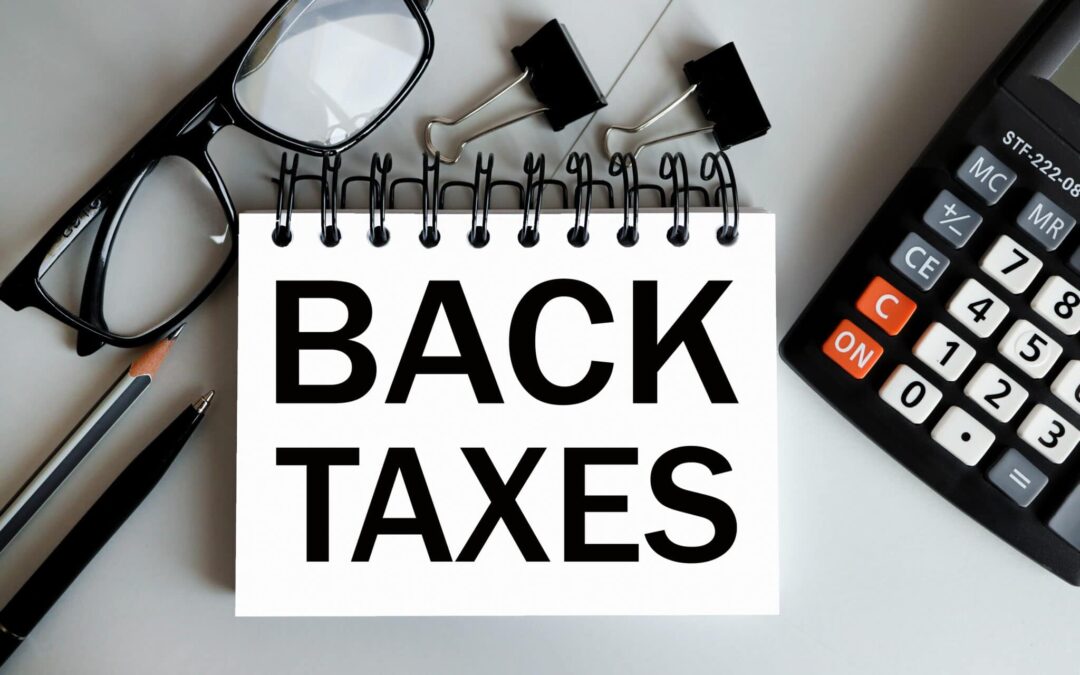Although many businesses are starting to get back on track, with the descent of COVID and an ensuing economic upheaval in our country – your company may not have filed tax returns in a few years. While life DOES happen – NOT filing your required tax returns is serious business. However, getting back into good standing with the IRS is entirely possible and S&K can help you investigate which returns you need to file and how to submit them to the IRS.
How many years back should a company file?
This is a common question asked by companies owing back taxes. The IRS states that taxpayers must file six years of back tax returns to be considered “in good standing” with them. The policy also states that IRS management would need to approve any deviation from that rule.
The most common reasons the IRS requires returns from more than six years back include:
- A large potential tax bill on older returns – The most common red flags are Forms 1099-MISC, property sales and large wages with no withholding.
- Business involvement – The IRS will closely scrutinize business returns because the IRS knows that businesses have the largest potential for noncompliance.
- A revenue officer is on the case – Delinquent-return investigations can involve local revenue officers, who perform in-depth investigations on nonfiling and collection.
Nine things to remember when filing back tax returns
- Confirm that the IRS is looking for only six years of returns – your S&K partner can call a dedicated IRS hotline to determine this.
- The IRS does NOT pay old refunds – Refunds can only be claimed for returns filed within three years of the due date of the return. Everything before that is lost.
- Transcripts help – It is important to prepare an accurate return that matches IRS records. S&K can help you trace your company’s earnings history. All returns must match the transcripts – if not, the IRS can question the accuracy of your return.
- There can be hefty penalties – Years with tax balances due will have penalties, such as the “failure to file” and “failure to pay” penalties. These combined penalties can accumulate over time – up to 47.5 percent of the tax bill.
- Request penalty abatement, if applicable – Your S&K partner can request this for you, and with most back-tax returns, you can request the IRS not charge you for failure to pay penalties on balance-due returns. S&K can request this through first-time abatement requests or reasonable cause arguments.
- The IRS may have filed a return for you – The IRS usually starts the substitute for return(SFR) process about three years after the due date of the return. When you file a return to replace the SFR, the IRS will closely scrutinize the replacement return and compare it to information statements on file. Because of this, the IRS will take more time than usual to process the replacement return – sometimes more than four months, in some cases.
- Delinquent returns may need special processing – Have you received a delinquent return notice or an SFR? If so, S&K can file the return with specific IRS units for special processing.
- If you owe and cannot pay, set up a payment plan with the IRS – S&K can work with the IRS to put together a repayment agreement for your company. If this is not established, a second wave of IRS enforcement – collection – will ensue.
- Authorize S&K to help – As your trusted tax preparer and advisor, the experts at Stitely and Karstetter can call the IRS and get the vital information and transcripts for you, once you authorize us to do so. We can also request a stay on enforcement activity, and follow-up to ensure the IRS accepts the return.
If your company owes back taxes to the IRS, S&K can help! Don’t delay – let S&K help you claim any refunds you might be owed before they expire; avoid penalties and interest, and fix any related tax problems so you can get back into good standing with the IRS. Contact your S&K partner to learn more!

